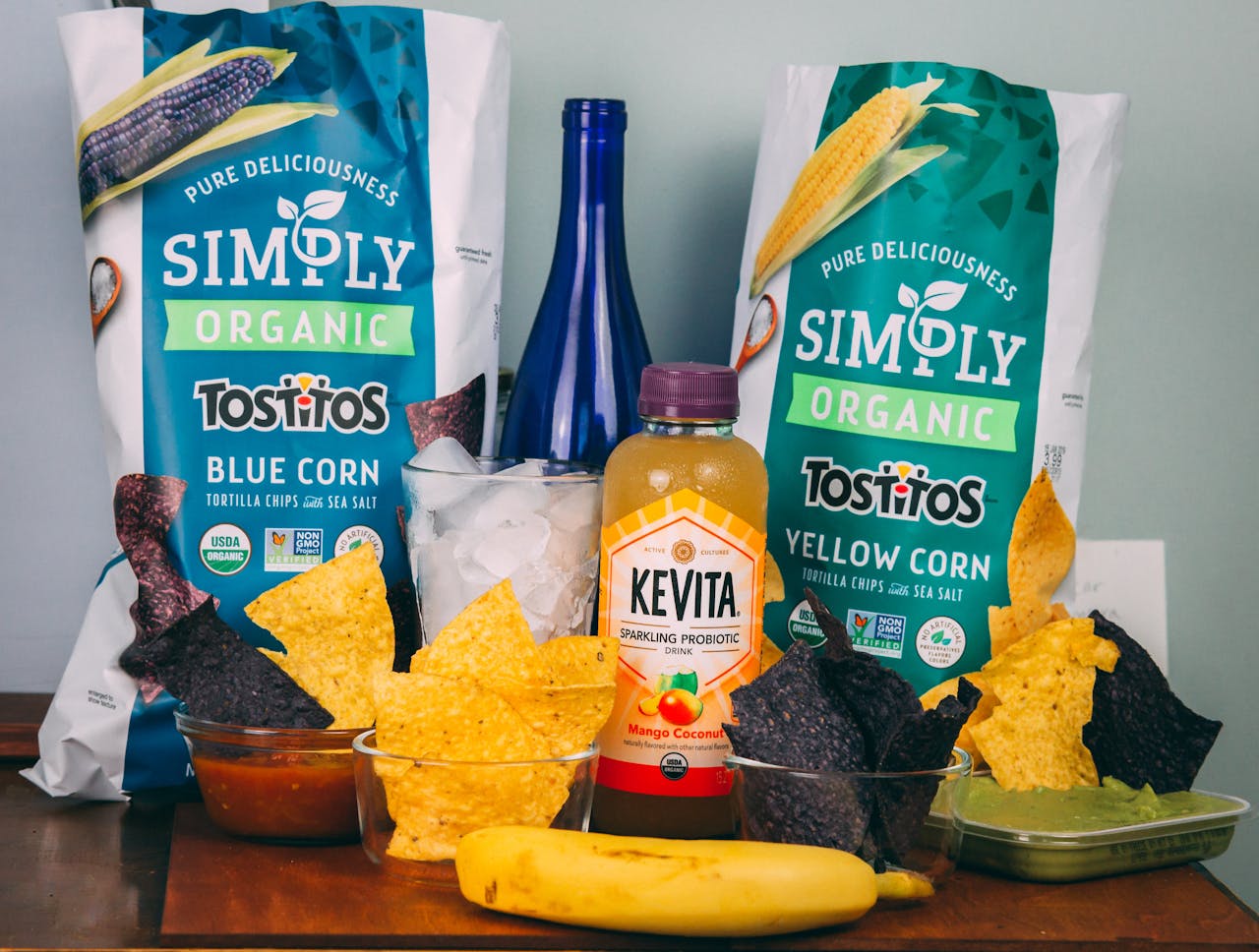Physical Wellness
Ultra-Processed Foods Seemingly Lead to Chronic Insomnia in New Study

(Photo : Craig Adderley / Pexels)
A new study suggests that ultra-processed foods may be contributing to chronic insomnia in some people.
Ultra-Processed Foods
Ultra-processed foods (UPFs) are foodstuffs that are heavily modified to enhance taste, facilitate mass production, or extend shelf life. They differ from natural foods like fruits and vegetables, which are consumed in their natural state.
Risk of Chronic Insomnia
The research, conducted by a team from Sorbonne Paris Nord University in France, examined data from 38,570 adults. This data, part of the NutriNet-Santé research project, mapped dietary information against sleep variables. The study was led by epidemiologist Pauline Duquenne and included contributions from Marie-Pierre St-Onge, a nutrition and sleep scientist at Columbia University in the United States.
The researchers found a statistically significant link between higher consumption of UPFs and an increased risk of chronic insomnia. This association remained even after adjusting for sociodemographic factors, lifestyle choices, diet quality, and mental health status. On average, participants received 16% of their daily energy from UPFs, and 19.4% reported symptoms of chronic insomnia. Those with insomnia tended to consume more UPFs. Interestingly, the association was slightly stronger in men.
Implications and Limitations
The study highlights the potential impact of diet on sleep quality, adding to the body of knowledge on the adverse effects of UPFs. However, the study was cross-sectional and observational, relying on self-reported data. As such, it cannot establish causality. The large sample size, however, makes the findings significant and worthy of further investigation.
Context and Future Research
Previous research by some of the same team members has shown that a Mediterranean diet is associated with a lower risk of insomnia. This new study presents the other side of the relationship, suggesting that UPFs might increase insomnia risk. The exact mechanisms by which UPFs could contribute to chronic insomnia remain unclear. While weight gain from high-calorie UPFs is easily understood, the link to insomnia requires more exploration.









Join the Conversation